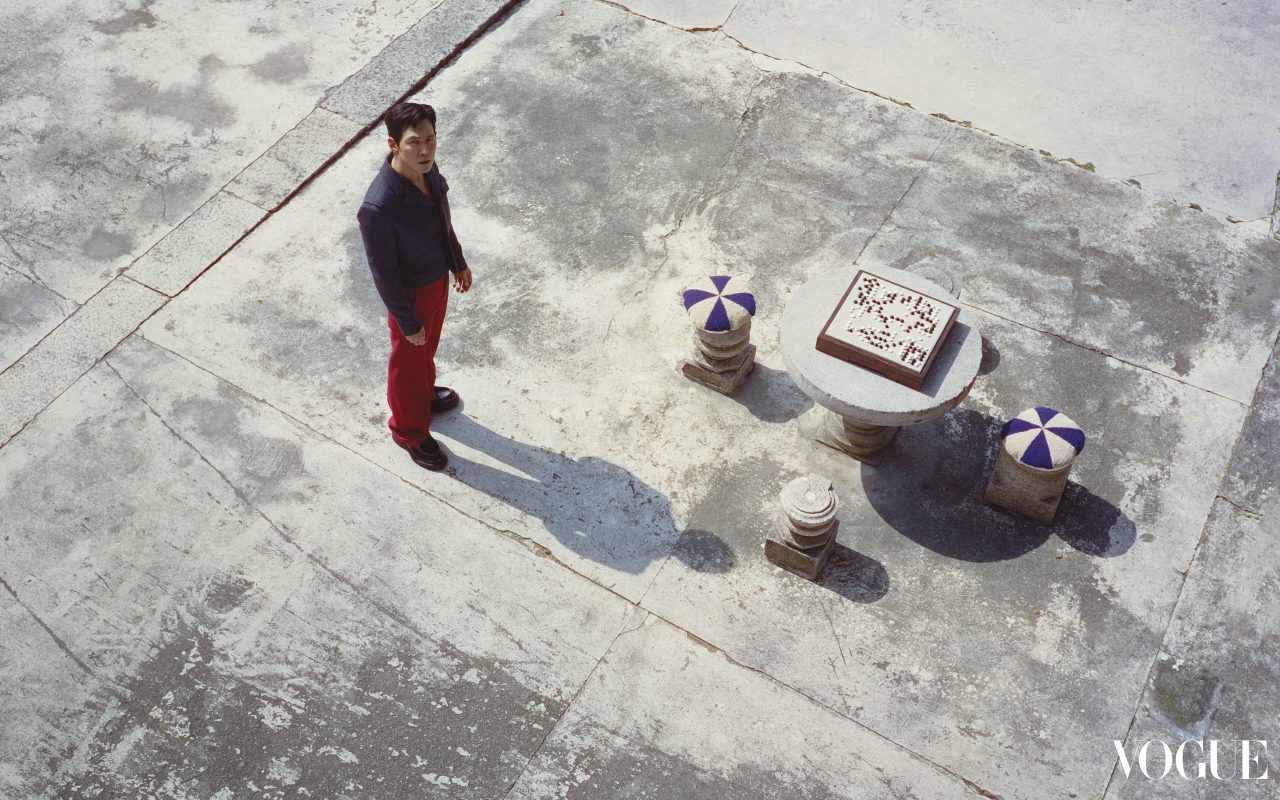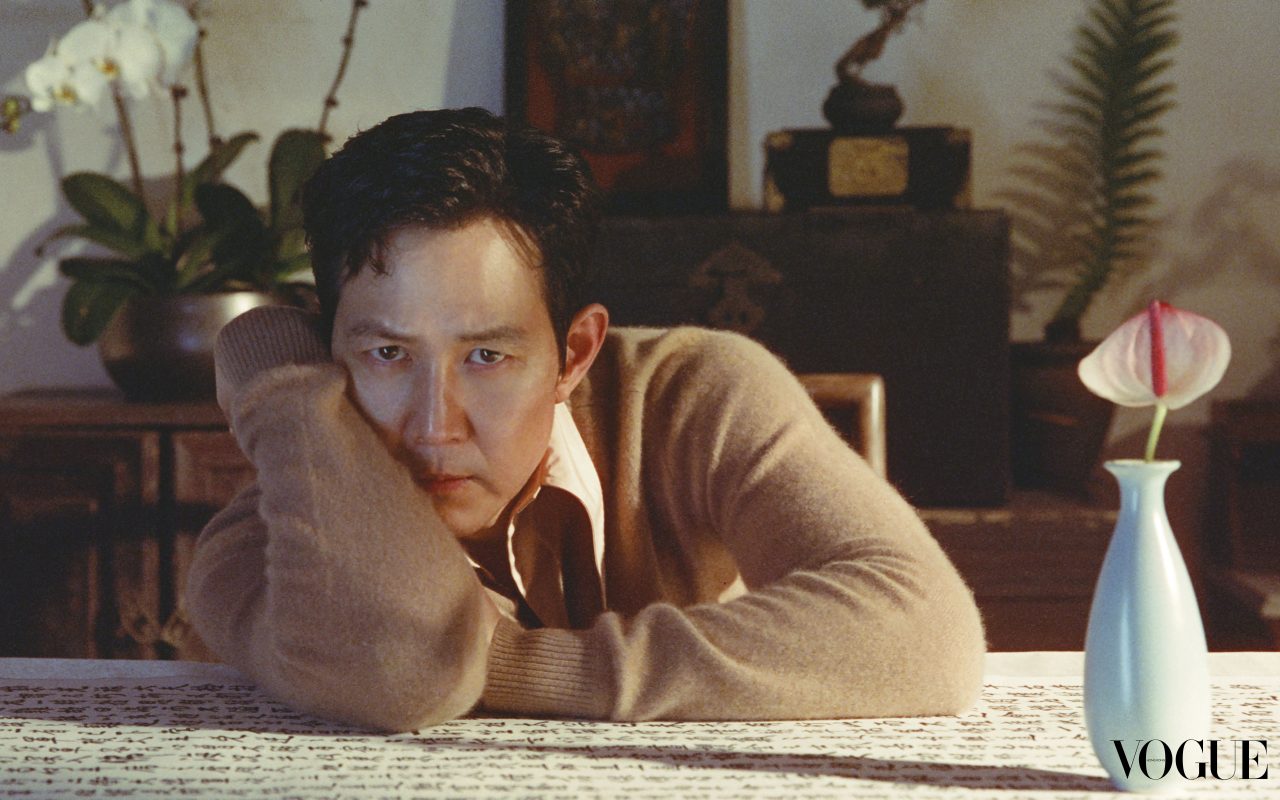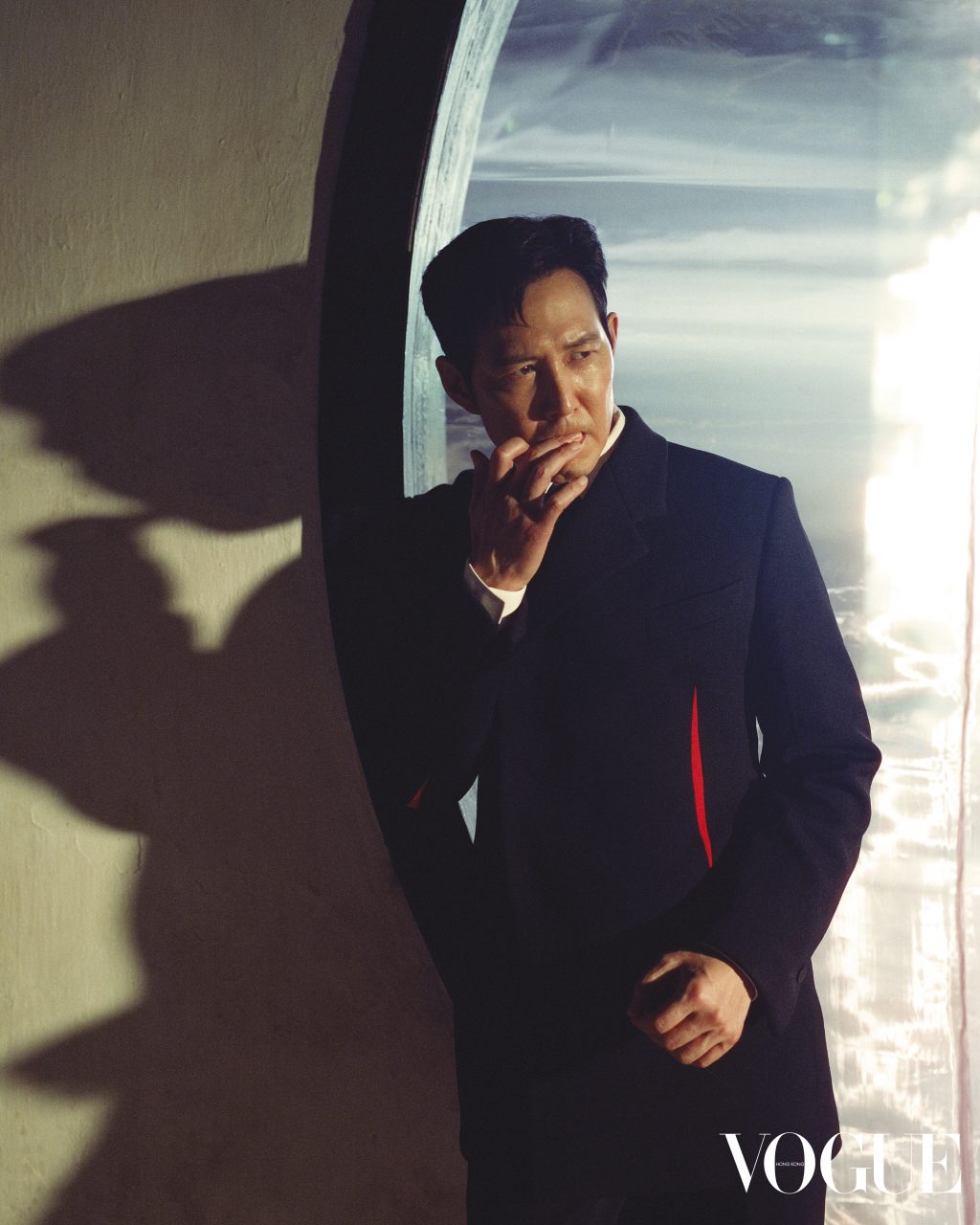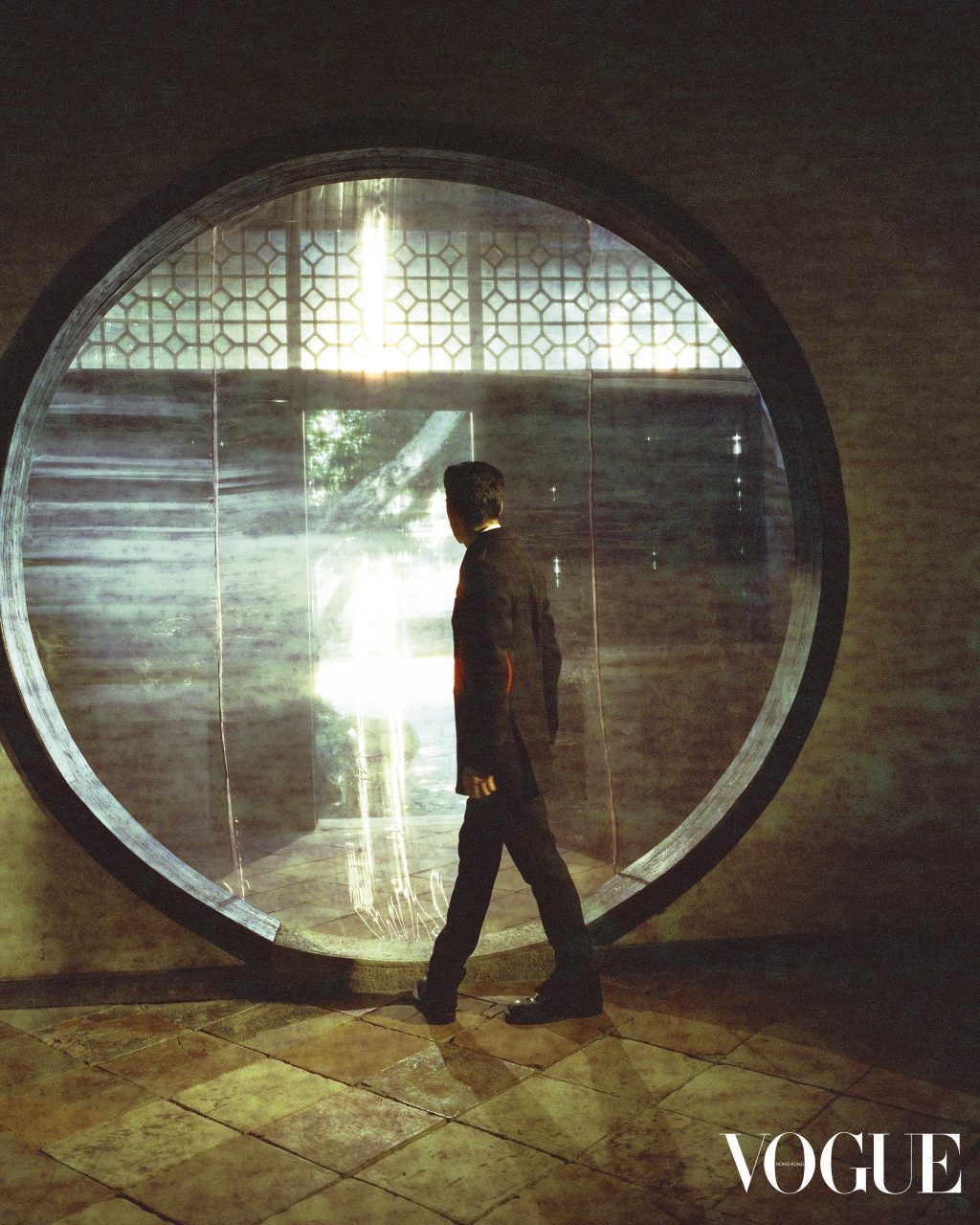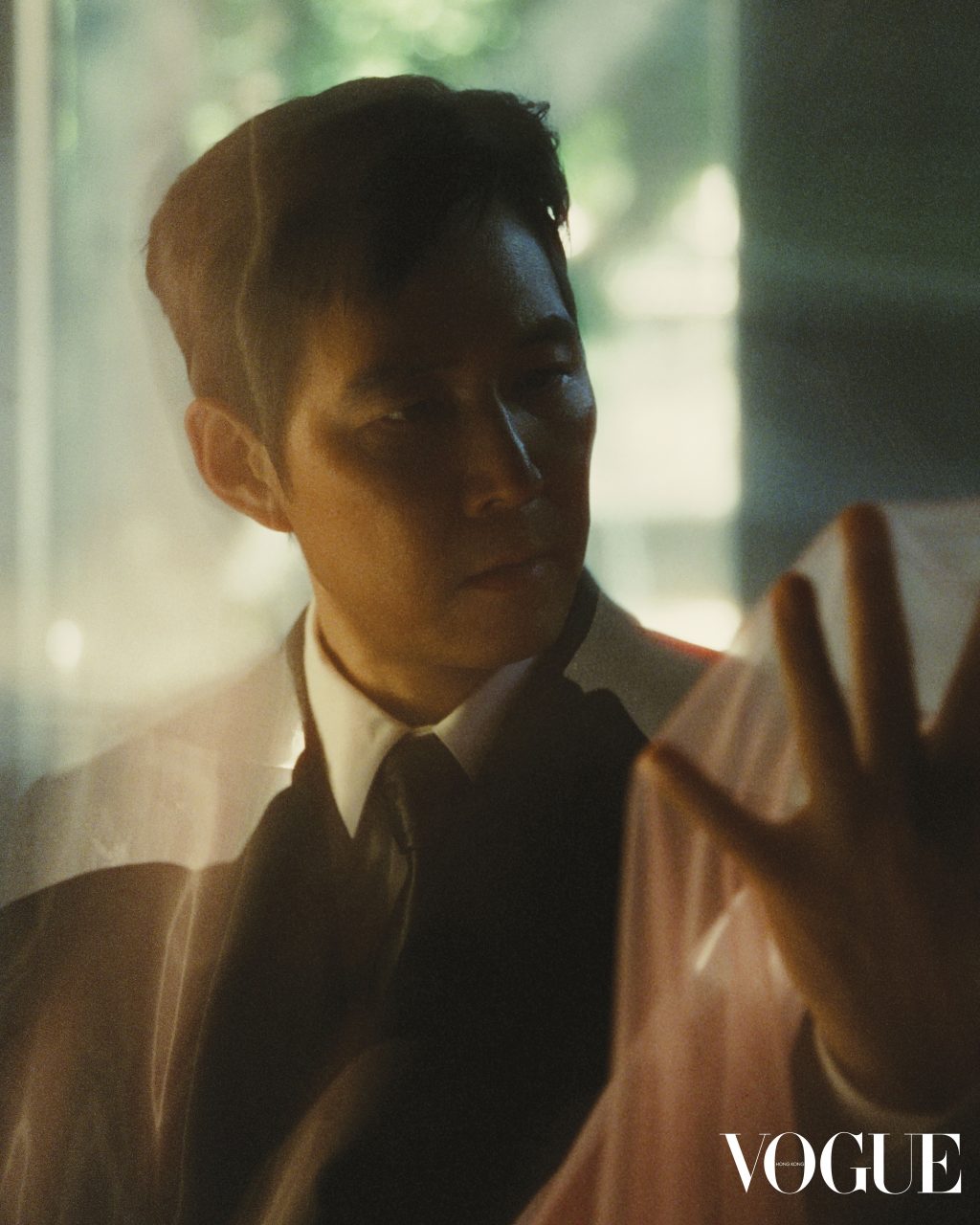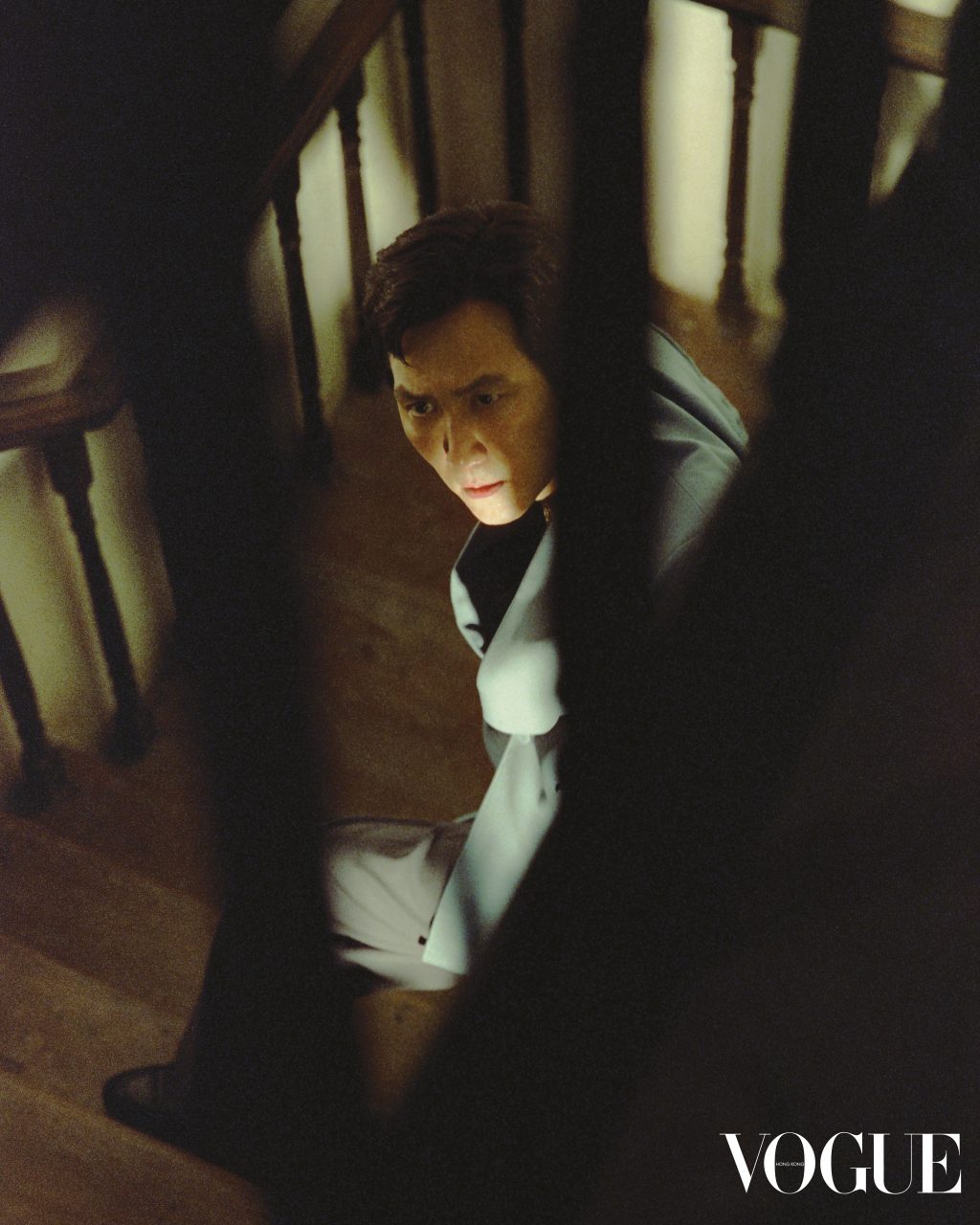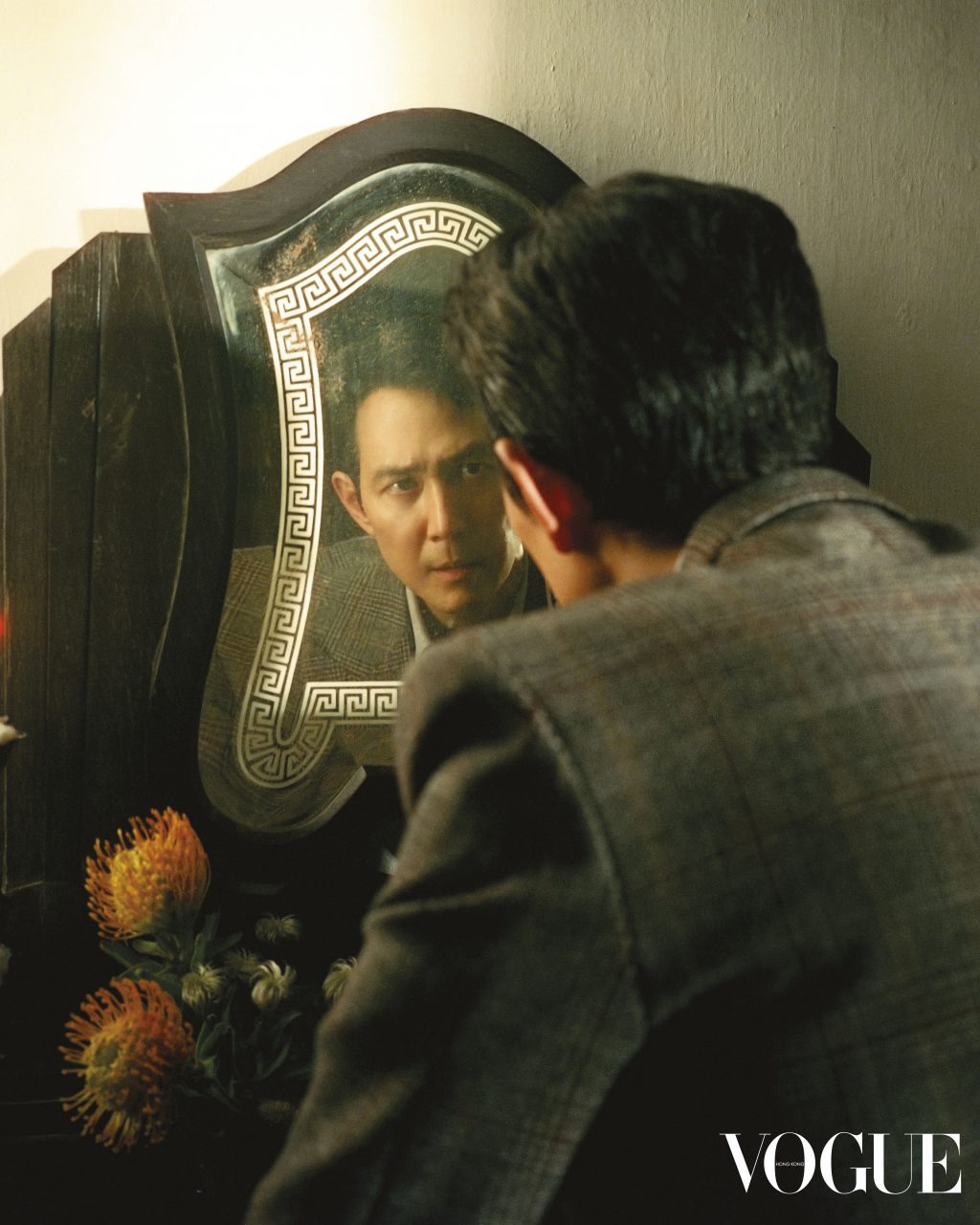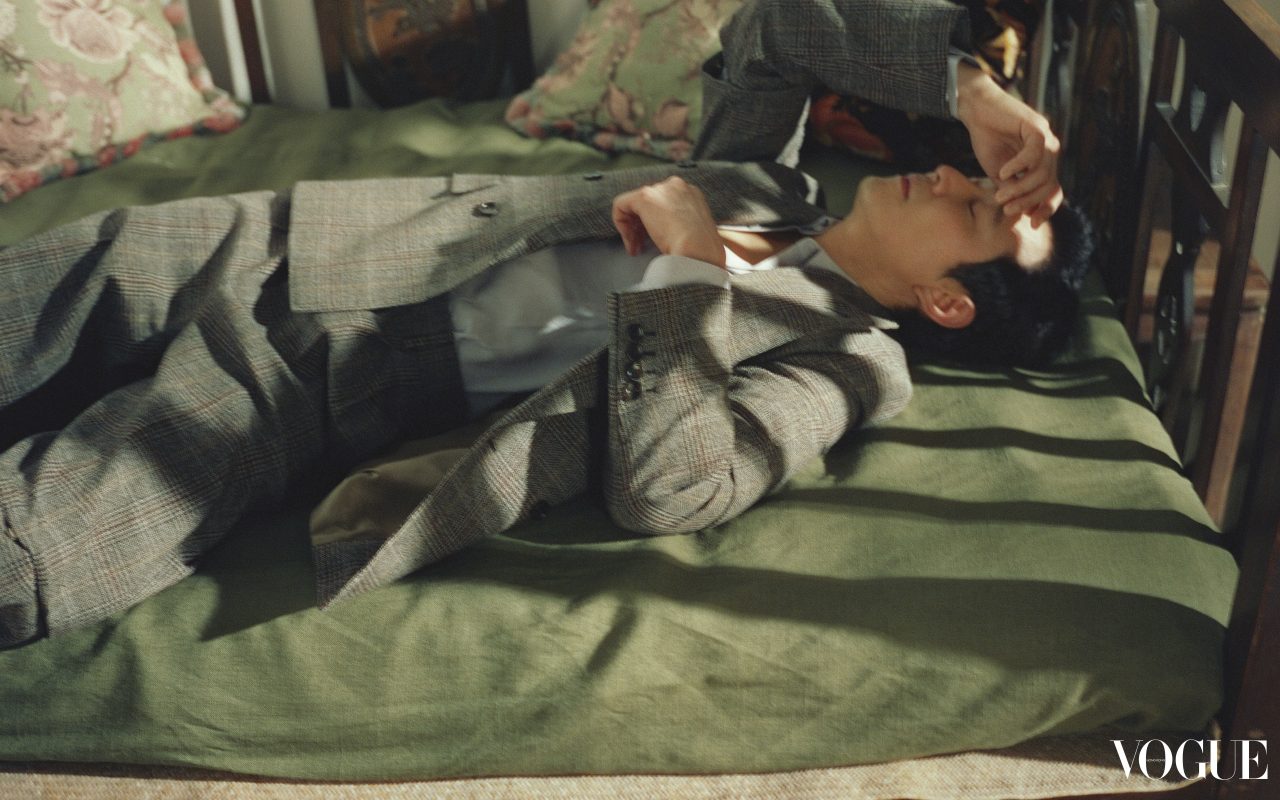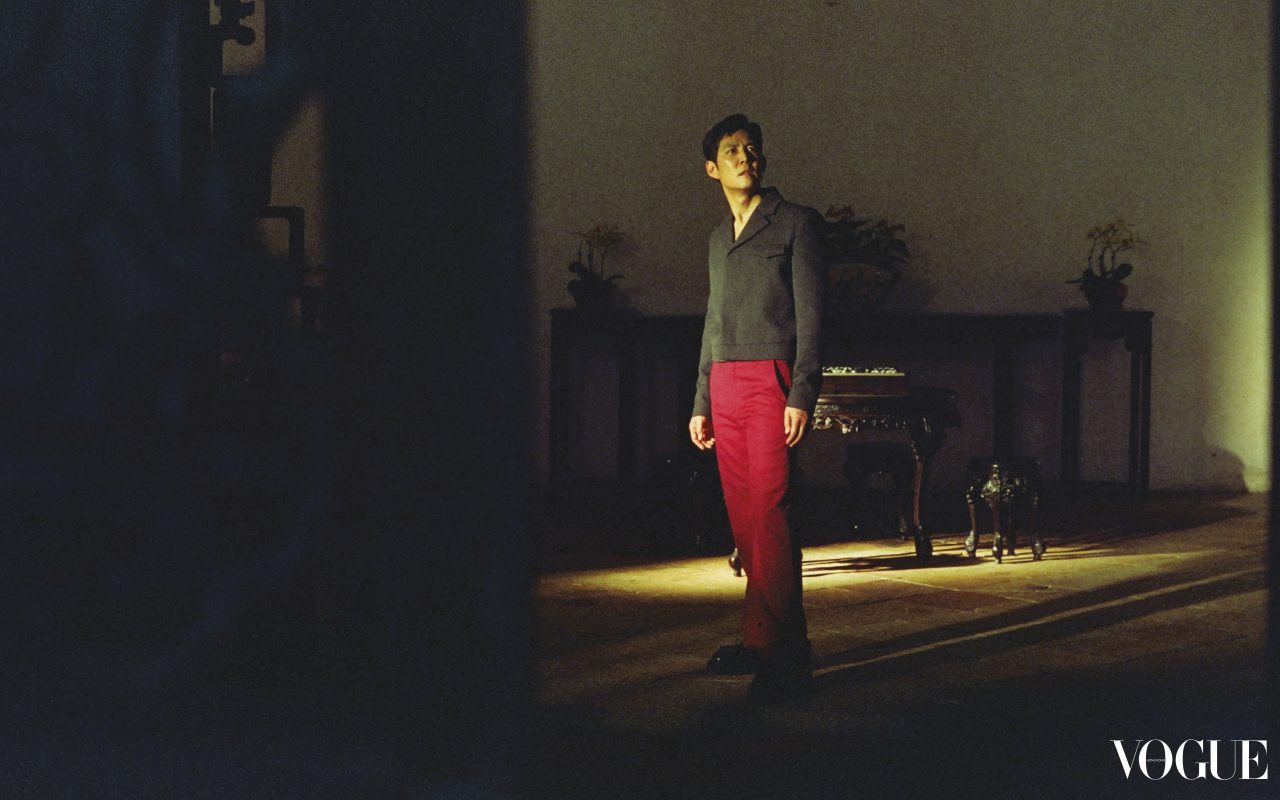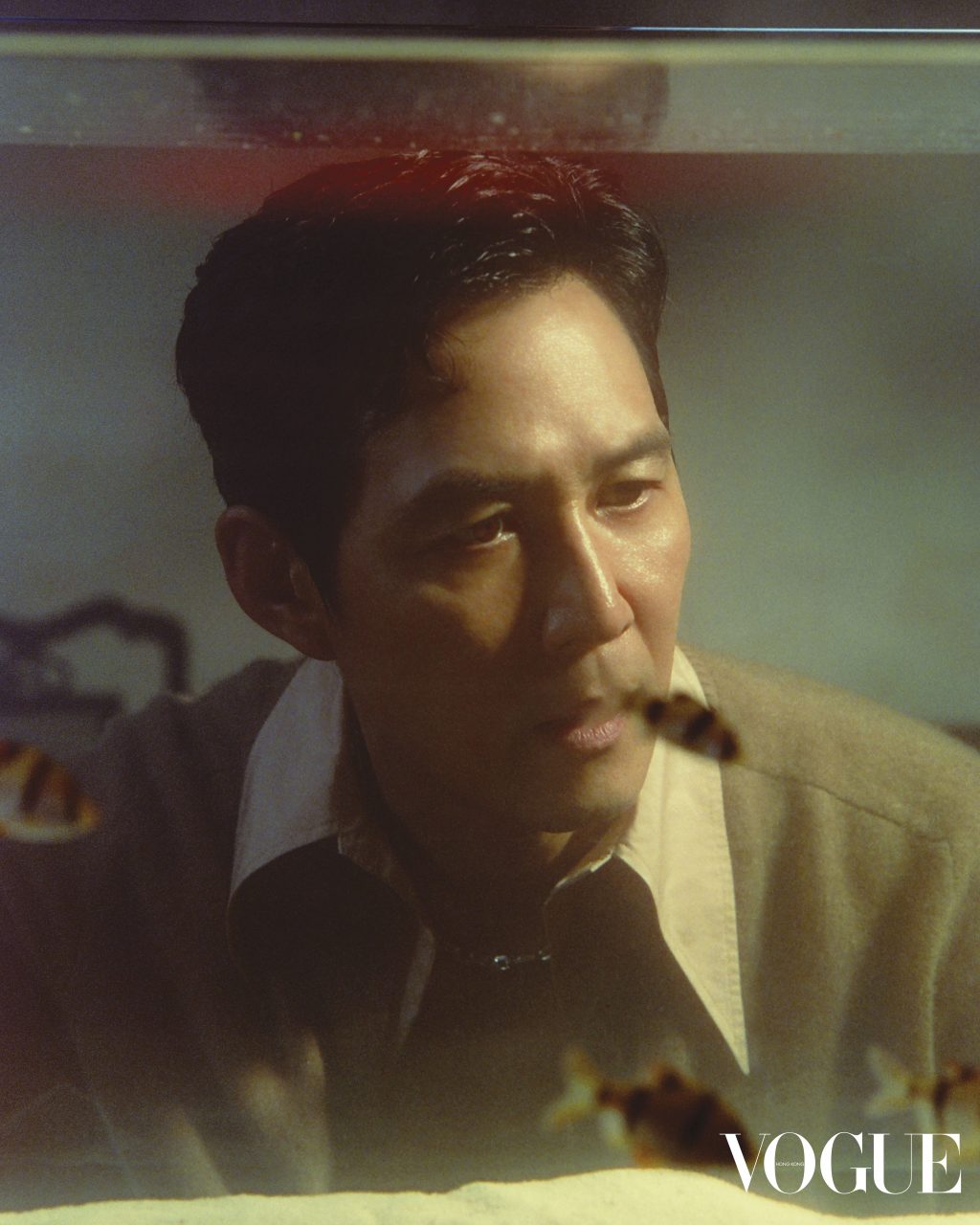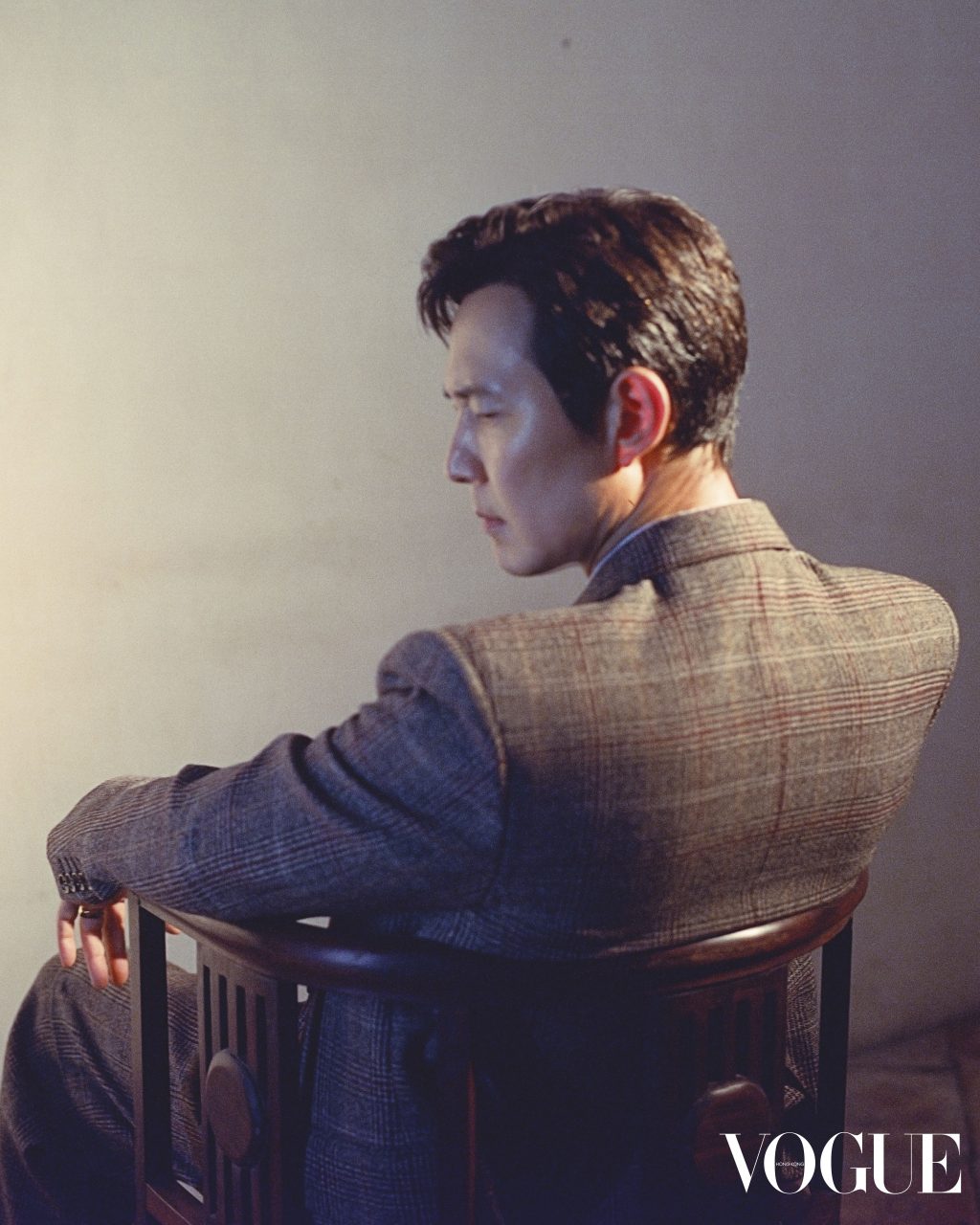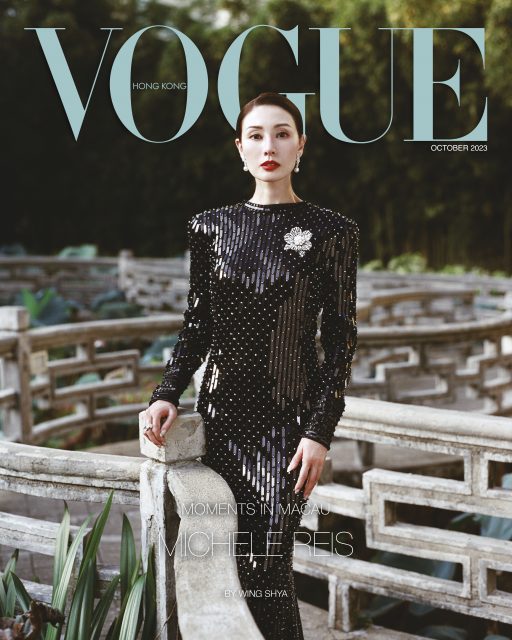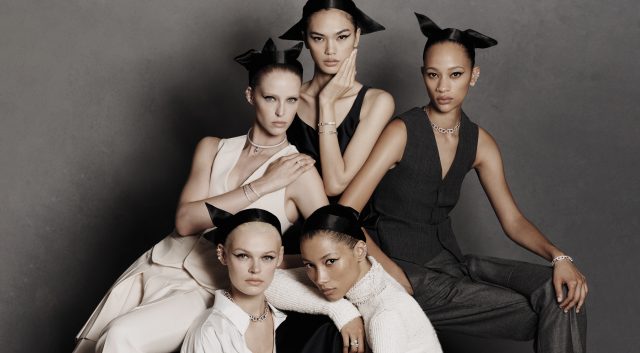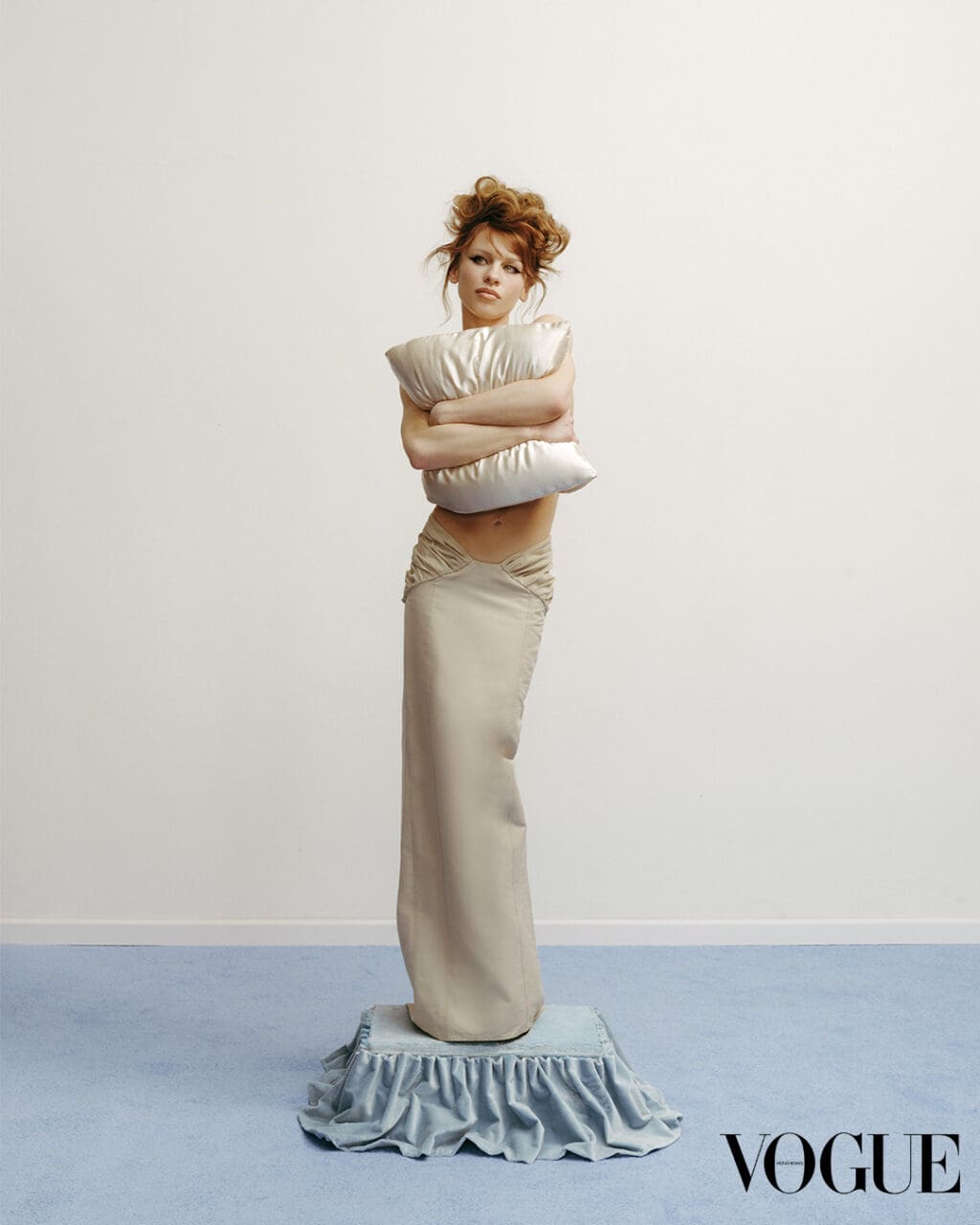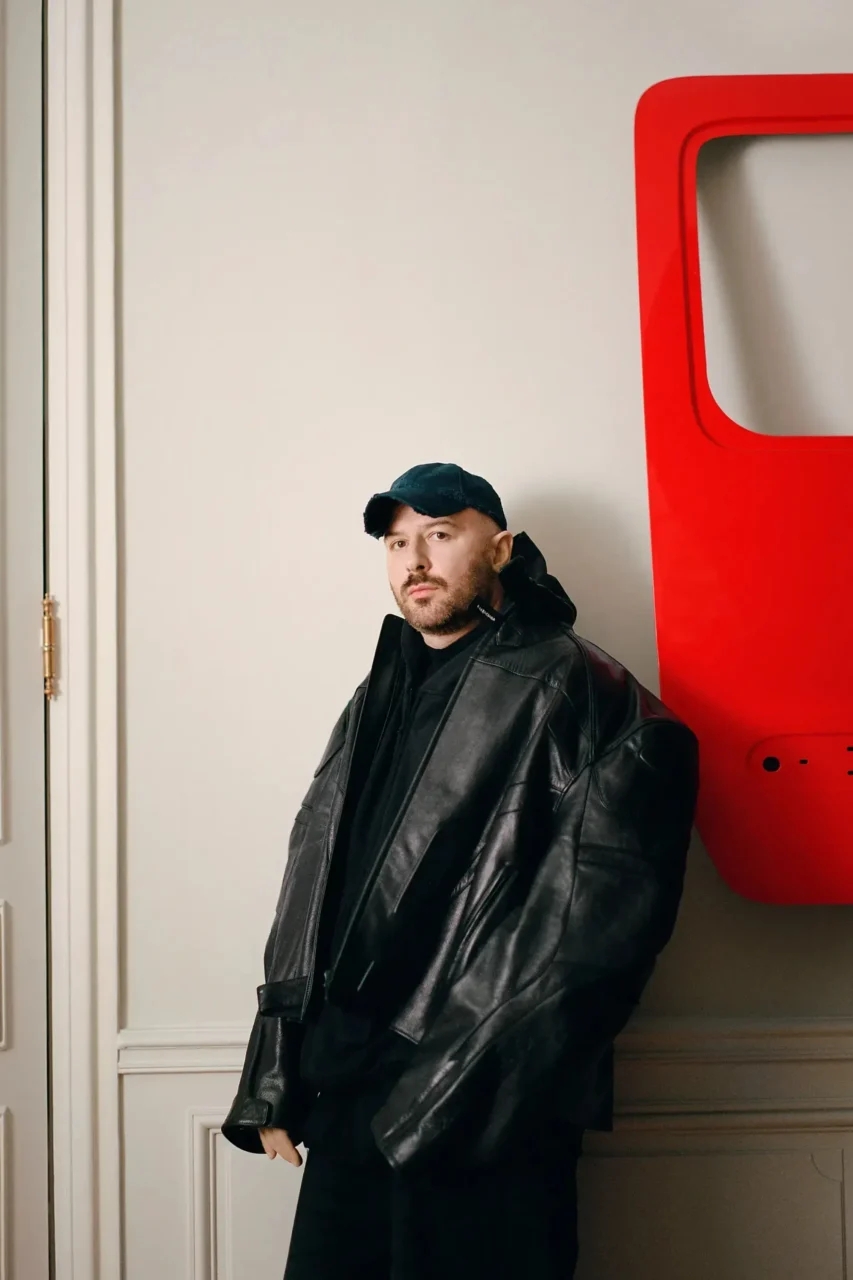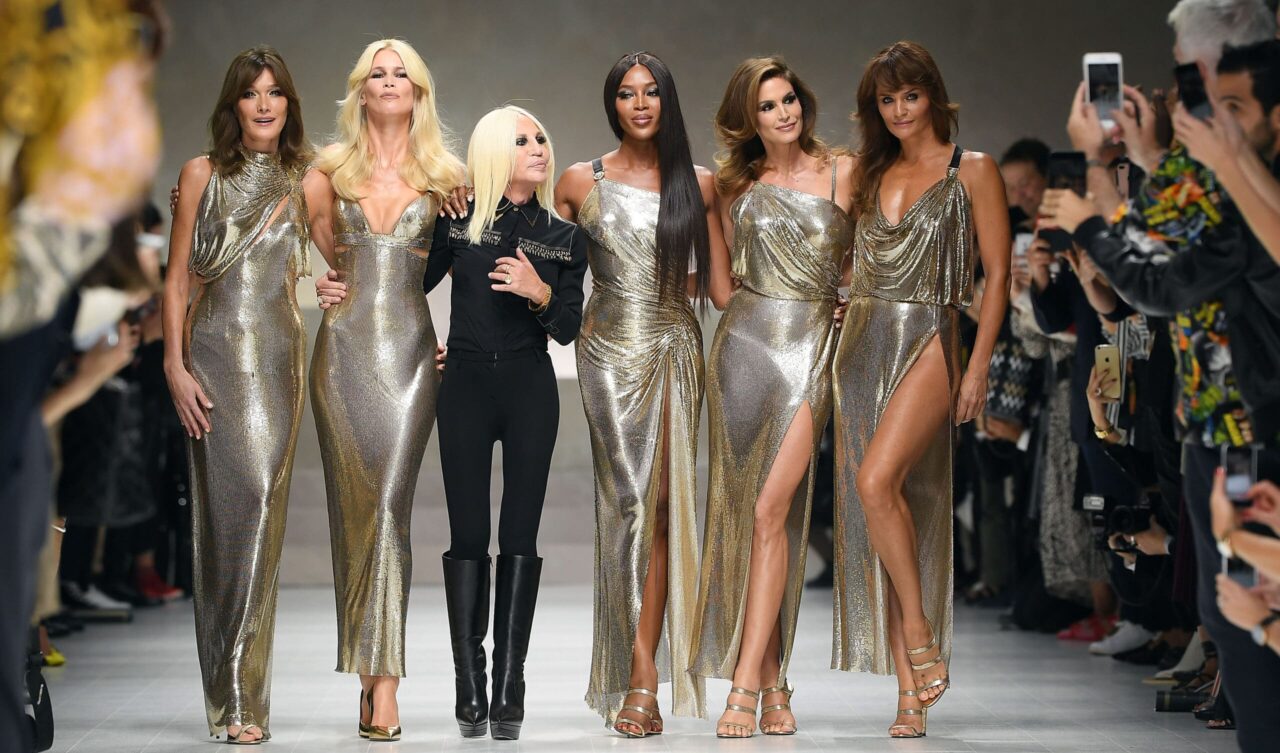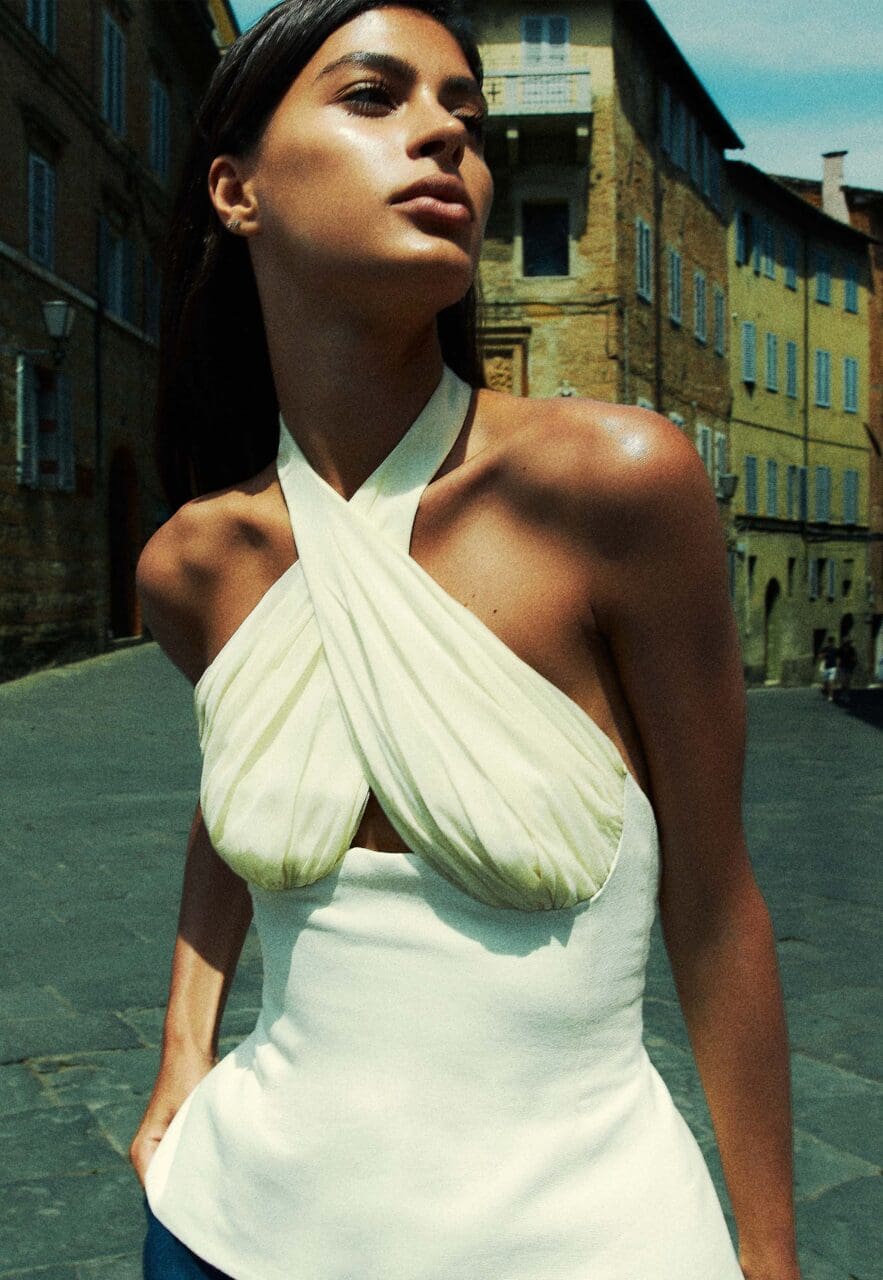Embark on journey through time with Lee Jung-jae. Under the lens of renowned photographer Wing Shya, the South Korean Squid Game superstar is transported to the late 1800s at the historic Casa da Cheang residence in São Lourenço, Macau, once home to late Chinese reformist Zheng Guanying and his family.
How does it feel to work with renowned Hong Kong photographer Wing Shya, who takes his inspiration from Hong Kong cinema?
Given Wing Shya’s worldwide reputation, I was curious – and admittedly a little nervous – about what it would be like to work with him. However, once we began shooting, I quickly felt at ease in the comfortable atmosphere he created. His ability to set the tone at each location made all the difference. Rather than simply giving me directions, he took the time to actively explain the circumstances and lighting in detail, which helped me fully immerse myself in the process.
What are your thoughts on Hong Kong cinema? Are there any Hong Kong films you have watched that you particularly enjoyed? Or any Hong Kong directors you like?
Hong Kong films have long been a cornerstone of the Asian film industry, continuing to captivate fans across the region. As a huge fan of Wong Kar-wai, Johnnie To, and John Woo, I thoroughly enjoy exploring and delving into their works.
This is your first photoshoot in Macau. Have you been here before? What is your impression of the city?
I used to visit Macau primarily for film shoots rather than for vacations or leisure trips. My first visit was during the filming of Firebird (1996), and I returned later for The Thieves (2012). This is now my third visit, and I hope to return again someday — not for work, but to enjoy a proper vacation.
Your highly lauded performance in Squid Game capitulated you to global fame overnight. What does success truly mean to you? Has this meaning changed since Squid Game?
The meaning of “success” may vary between actors and actresses, but the success of Squid Game holds special significance for me because of the many “Korean-first” milestones it achieved. As a Korean series, it gained immense international popularity and became the most-watched Korean series globally. I believe the true meaning of Squid Game lies in this achievement. Additionally, through my role as Gi-Hun, I received incredible love and support from fans around the world, which means so much to me as an actor.
Do you see any similarities between you and your Squid Game character Seong Gi-hun?
The similarity between Gi-hun and me is that he genuinely doesn’t hesitate to help others.
You stand at the forefront of the Hallyu wave that’s taking the world by storm. What are your thoughts on the impact of Korean culture on the world? And how does it feel to be leading it?
I take great pride in the power of Korean culture, and as someone working in the cultural sphere, I feel a responsibility to strive for the creation of even more outstanding content. Thanks to the Hallyu wave, Korean products and brands are loved by people around the world. This global influence is largely due to the hardworking nature of Koreans — our curiosity, courage to try new things, and willingness to venture where others haven’t. By working diligently and never resting on past successes, we continue to achieve remarkable results. The virtues of our people seem to shine brighter than ever.
In this sense, those characteristics play a significant role in creating content. Many of our seniors have worked tirelessly for a long time to promote Korean culture. While the rise of our culture is now a global phenomenon, we hold deep respect for those who paved the way and everything they achieved. At the same time, we are committed to forging new paths for the next generation to build upon this legacy.
You made your directorial debut with the 2022 spy action film Hunt, which you also starred in. How did your role as director inform or influence your approach to acting in Hunt and vice versa?
You’re probably wondering if directing and acting at the same time is helpful for the acting, right? Well, sometimes it is, but other times it can leave you feeling stretched too thin. The biggest advantage is having a complete understanding of the work and the characters. On the downside, I still believe it would be more effective to focus entirely on one role, whether directing or acting. That said, I think the advantages outweigh the disadvantages, so if I have the opportunity in the future, I’d still like to direct and act at the same time.
How do you define being a good actor? Has this definition changed over the course of your career?
I think an actor who works hard consistently is a good actor. The principles of “diligence” and “perseverance” are important. If I stop working hard because I gained fame from a certain project, that’s a big problem. And if I stop taking on new challenges after success, that’s also a problem. Being grounded, earnest, and hardworking is the most basic and simple requirement. While it sounds easy, living by these principles is not—it requires managing your time and desires well.
What is the biggest challenge you have faced in your acting journey? How did you overcome it?
I see every project and role as a challenge and approach each one as if it were my last. This mindset helps me bring something fresh, show new sides of myself, and take on new challenges. When I’m filming, I have no way of knowing how people will respond to the work or if it will change my life and career. That’s why I treat every project as if it were my last — so I can fully commit and give it my best. In short, I view every job as a challenge.
Can you describe your personal fashion style? What is the typical everyday outfit for Lee Jung-jae?
I usually dress comfortably, to the point where people often think I’m a minimalist. When choosing what to wear, I put thought into the venue, the people, and the purpose, while also trying not to look boring.
You are also an avid art collector. What do you look for in a piece of art? What is your favourite artwork and why?
Sometimes I think encountering good works of art is a matter of destiny. There’s definitely a fateful aspect to it. It feels like a reciprocal, equal relationship between the work and myself, where we choose each other rather than it being one-sided. That’s why, when I see new works, the most important thing is how it makes me feel in that moment.
Of course, I also consider other factors like colours, creativity, harmony, and even perfection. But above all, it’s that fateful feeling of whether the work has chosen me or not. There are so many artists I like — for example, Edrusha, Rudolf Stingel, Gerhard, and Ritter Donald, to name a few.
How would you like to be remembered as an actor? What kind of legacy do you want to leave behind?
I don’t have vague expectations, but I do have on wish: that there will be more works that come to mind immediately when people think of Lee Jung-Jae. Some may think of New World, while others may think of Assassination or Hunt. But personally, I hope there will be even more of those kinds of works. That’s the desire I have — to be remembered through my works and to leave behind a meaningful legacy in my career.
What is something you would say to your younger self?
I’d like to tell him to work harder for what you are doing now. Be more prepared, think more deeply, and try harder.
Photography: Wing Shya
Creative and Fashion Direction: Sean Kunjambu
Executive Producer: Katherine Ho
Stylist: Hwang Geum Nam
Makeup Artist: Kim Ha Na
Hair Stylist: Kim Tae Hoon
Producer: Wendy K. Stoker @CIRRUS Productions
Set Designer: Karson Liu
Gaffer: Samuel Chan
Lighting Assistants: Li Chun Kit, Sun Wing Chung, Ho Kin Kui & Fox U Heng Wa
Fashion Assistants: Foxla Chiu, Timothy Tse & Pianca Ngan
Set Design Assistants: Lydia So & Fung
Production Assistants: Tony Tam & Kiwi Im @ CIRRUS Productions
Seamstress: Cheong Im Long
Editor
Kaitlyn Lai
